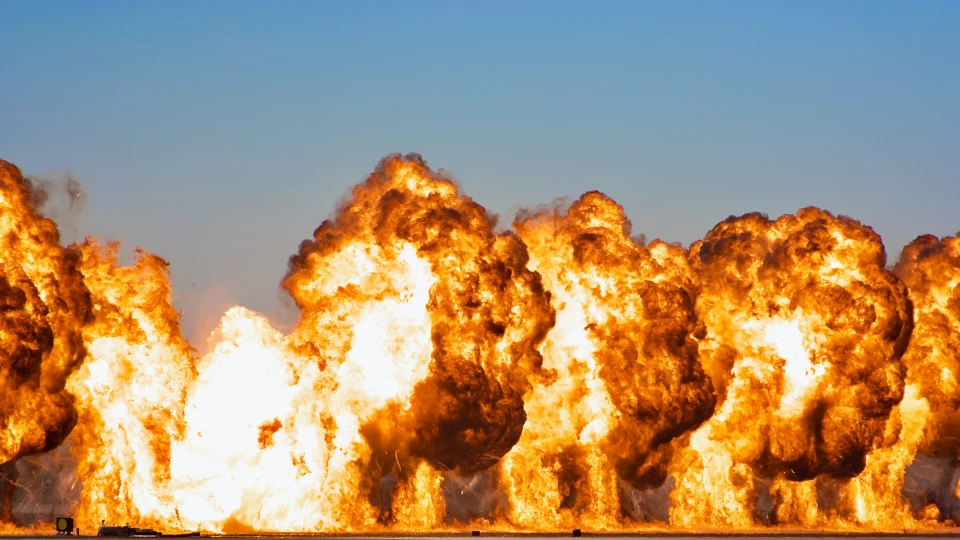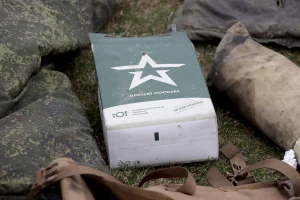
Russia may try to destabilize South America
Taras Zhovtenko, international security expert, says that the Kremlin may attempt to destabilize the Venezuela-Guyana situation to escalate tensions over the U.S. southern border
He expressed this opinion on Espreso TV.
"In the near future, the Republican Party will be going through many specific processes that will be related to the coordination of internal positions and the search for a way out of the current situation. We see how the Trumpists have started to spin the story of the southern border," Zhovtenko explained.
The expert emphasized that the Kremlin is trying to intensify the confrontation between Democrats and Republicans over the issue of the southern border in the United States. "We understand that in parallel with the situation in the United States, the Russian authorities are not sitting idly by. I think that soon we should expect Putin's closest friend in Latin America, Venezuelan President Nicolas Maduro, to become more active. After all, when the United States was already actively discussing the security of the southern border in the fall of 2023, Venezuela decided to annex part of the oil-rich territory of Guyana. This story coincided with the heated debate in the United States between Republicans and Democrats over the southern border. It is obvious that the story with Venezuela is being managed from the Kremlin and will be further spun to strengthen the destabilizing factor on the southern border issue in the United States," he added.
What is the situation between Venezuela and Guyana?
Venezuela has been claiming Essequibo for decades, even though its 160,000 square kilometers make up more than two-thirds of Guyana's territory, and its population (125,000) is one-fifth of Guyana's total population.
Guyana's territorial dispute with Venezuela escalated with the discovery of oil fields containing at least 10 billion barrels of oil in 2015 and Guyana's granting of a concession to ExxonMobil for offshore oil production, the boundaries of which are not delimited.
In a referendum in Venezuela held on December 3, 95% of participants approved territorial claims to a large part of the neighboring oil-rich country of Guyana.
The referendum has raised concerns in Guyana and throughout the region about Venezuela's ultimate intentions. Maduro, who will be running for re-election next year amid a severe economic crisis, hopes that the referendum result will strengthen his country's century-old claim to the oil-rich Essequibo territory administered by Guyana.
Ukrainian Ministry of Foreign Affairs emphasized the need to comply with the decision of the International Court of Justice on the application of provisional measures in the case of Guyana v. Venezuela.
On December 5, the Venezuelan government announced the creation of a commission to "protect" the Essequibo and plans to begin drafting a law to incorporate the new Essequibo state of Guyana.
Soon after, Brazil announced the deployment of troops along the border with Venezuela to "guarantee the inviolability of the territory."
Russia is supporting Venezuela in its conflict with Guyana, which could lead to a war between the two countries, a development that would distract the world's attention from the invasion of Ukraine.
On December 9, Venezuelan President Nicolas Maduro signed six decrees annexing the Essequibo region of Guyana.
On Thursday, December 14, the leaders of Venezuela and Guyana announced that they would not use force against each other and agreed to establish a joint commission to resolve the conflict.
A Royal Navy patrol ship will be sent to Guyana in a show of support for the country, which is in a dispute with Venezuela over a mineral-rich border region.
- News













































